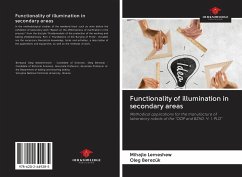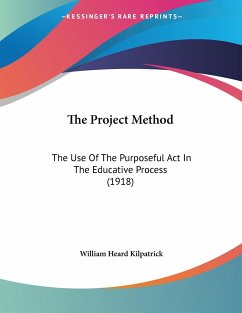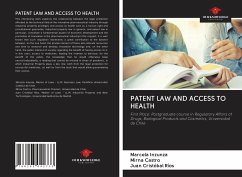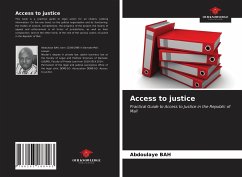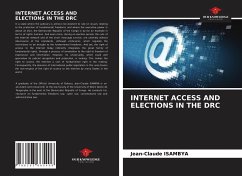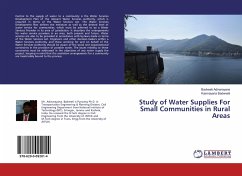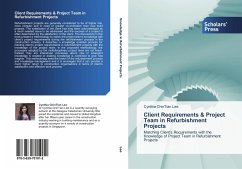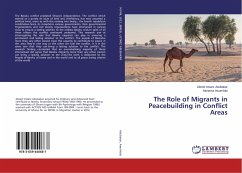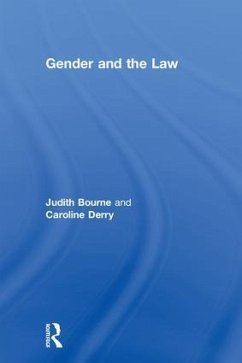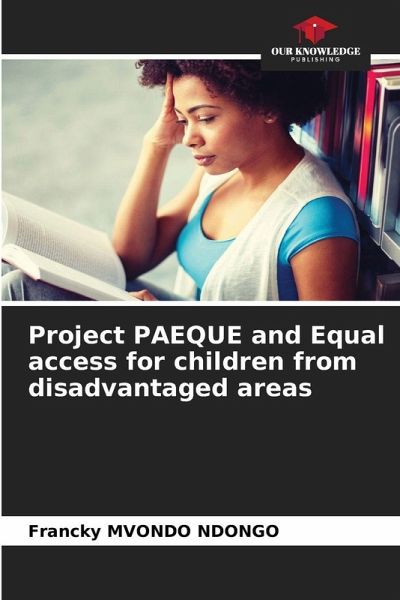
Project PAEQUE and Equal access for children from disadvantaged areas
Versandkostenfrei!
Versandfertig in 6-10 Tagen
40,99 €
inkl. MwSt.

PAYBACK Punkte
20 °P sammeln!
The aim of this research is to improve the level of equity of access to primary education in disadvantaged areas of the Centre region. This is an ex-post evaluation, which has enabled us to verify the project's achievements and assess whether it has met the needs and expectations of local stakeholders. It also enabled us to draw lessons for future projects and their financing, etc. So, in order to take the full measure of the problem that is the focus of our research, namely the persistence of disparities in access to education in ZEP and disadvantaged areas, particularly at primary level, we ...
The aim of this research is to improve the level of equity of access to primary education in disadvantaged areas of the Centre region. This is an ex-post evaluation, which has enabled us to verify the project's achievements and assess whether it has met the needs and expectations of local stakeholders. It also enabled us to draw lessons for future projects and their financing, etc. So, in order to take the full measure of the problem that is the focus of our research, namely the persistence of disparities in access to education in ZEP and disadvantaged areas, particularly at primary level, we adopted a dual quantitative and qualitative approach. We adopted a dual quantitative and qualitative approach to data collection, based on documentary research on the one hand, and empirical investigations (questionnaire survey and semi-structured interviews) carried out respectively with MINEDUB staff on duty at the DPPC and resource persons within the PAEQUE project unit, notably the former General Coordinator and the former Technical Coordinator of the same project.



